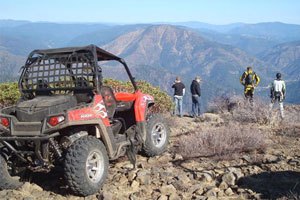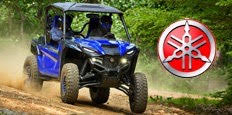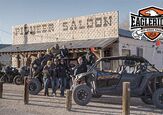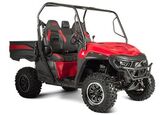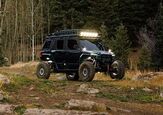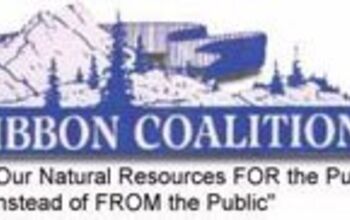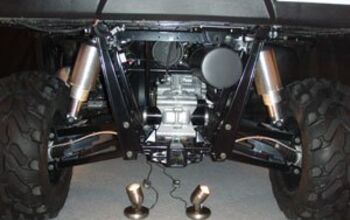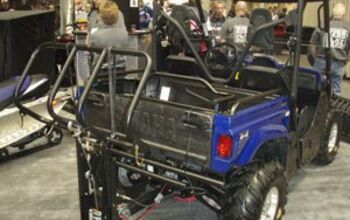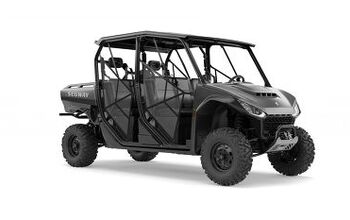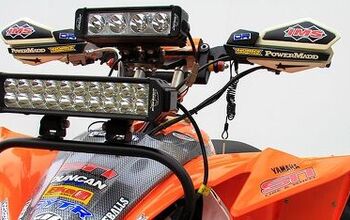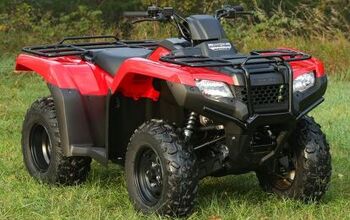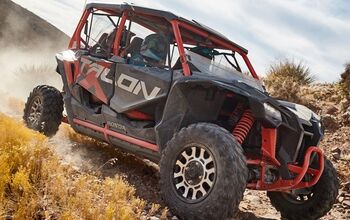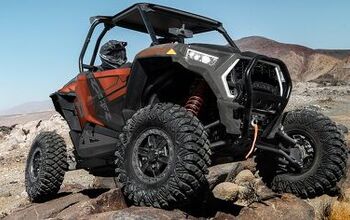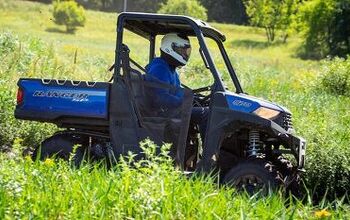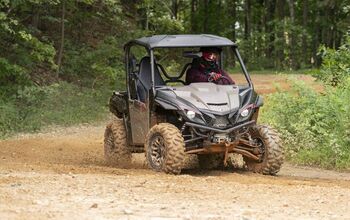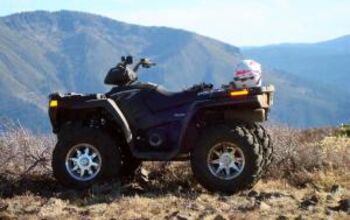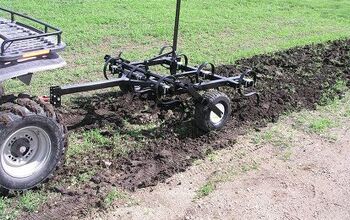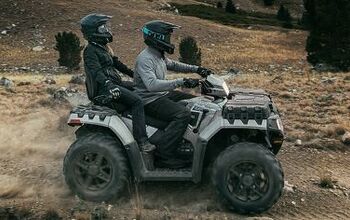Group Defends ATV Use Before Congress
Russ Ehnes, executive director of the National Off-Highway Vehicle Conservation Council (NOHVCC), told a congressional panel that active management of such vehicle use on federal lands is working.
Closing public lands to millions of Americans who enjoy motorized recreation, Ehnes told the panel, would be a step backward.
Ehnes made his remarks on Thursday, March 13 during a three-hour oversight hearing on the impact of unmanaged off-road vehicles on federal land. The meeting was called by the House Natural Resources Subcommittee on National Parks, Forests and Public Lands in the US House of Representatives.
Generally, oversight hearings are held when congress is trying to gather information. Though it’s difficult to tell exactly what will come of this particular hearing, it was likely held to see what future legislation, if any, congress might deem necessary as far as ATV usage on federal land.
All told, nine witnesses testified before the subcommittee, most of whom were looking for strict guidelines on vehicle usage on federal land. Only Ken Rosevear of the American Sand Association Inc. was firmly in Ehnes’ corner.
Dr. Denise Dowd of the American Academy of Pediatrics talked about the dangers ATVs and other recreational vehicles pose to children. She urged the federal government to adopt limitations of ATV use by children on public land.
“The attention and publicity generated would educate parents, who are often unaware of the safety risks of these vehicles,” says Dowd. “The American Academy of Pediatrics therefore calls upon the Committee on Natural Resources to direct the Department of the Interior and the Department of Agriculture to adopt a uniform set of laws and guidelines for the operation of ATVs on all federal lands.”
Retired forest planner Bob Vahle told the subcommittee that because of the massive increase in off-road vehicle ownership in recent years, the land itself is suffering.
“I strongly believe as a professional wildlife biologist, avid sportsman and OHV owner and recreationist, that our public land natural resources cannot possibly sustain the unmanaged OHV use and open cross country travel that is occurring today,” says Vahle.
Looking to show the committee where OHV management has been successful, Ehnes cited several examples, including the Hatfield-McCoy Trail System in West Virginia, the Paiute ATV Trail in Utah and the San Bernardino National Forest in California.
“The key to success in these areas—and many others—has been active management,” says Ehnes.
Ehnes mentioned that the NOHVCC has been working hard over the years to emphasize the need for active vehicle management in several ways, including through a series of multi-day workshops held across the country. According to Ehnes, these sessions were able to bring together ATV management experts, land managers, enthusiasts and non-motor recreationists to review the ‘four E’s’ of management.
“Simply stated, trail systems can be successful by applying education, engineering, enforcement and evaluation,” says Ehnes. “The results are high quality, environmentally sustainable trail systems that meet the needs and desires of the public.”
According to Ehnes, when off-highway vehicle management first became an issue in the 1960s and early 1970s, the federal agencies generally had an approach that amounted to ‘ignore it or close it’. Ehnes says it is because of work by OHV activists and various groups, partnerships were established with the Bureau of Land Management and the US Forest Service that have resulted in many well managed opportunities for OHV recreation.
“We will continue to work to implement successful management techniques across the nation, though it won’t be easy,” Ehnes told the subcommittee. “It will take the continued commitment of the OHV community through the hundreds of thousands of hours of volunteer work it performs each year. And it will take continued commitment from the agencies, which I believe, in part, lies in your hands.
“We are aware that budgets are extremely tight, but outdoor recreation and pride in our public lands define the American people and we believe recreation budgets deserve all necessary support to help maintain our public lands.”
Related Reading:
More by ATV.com Staff



